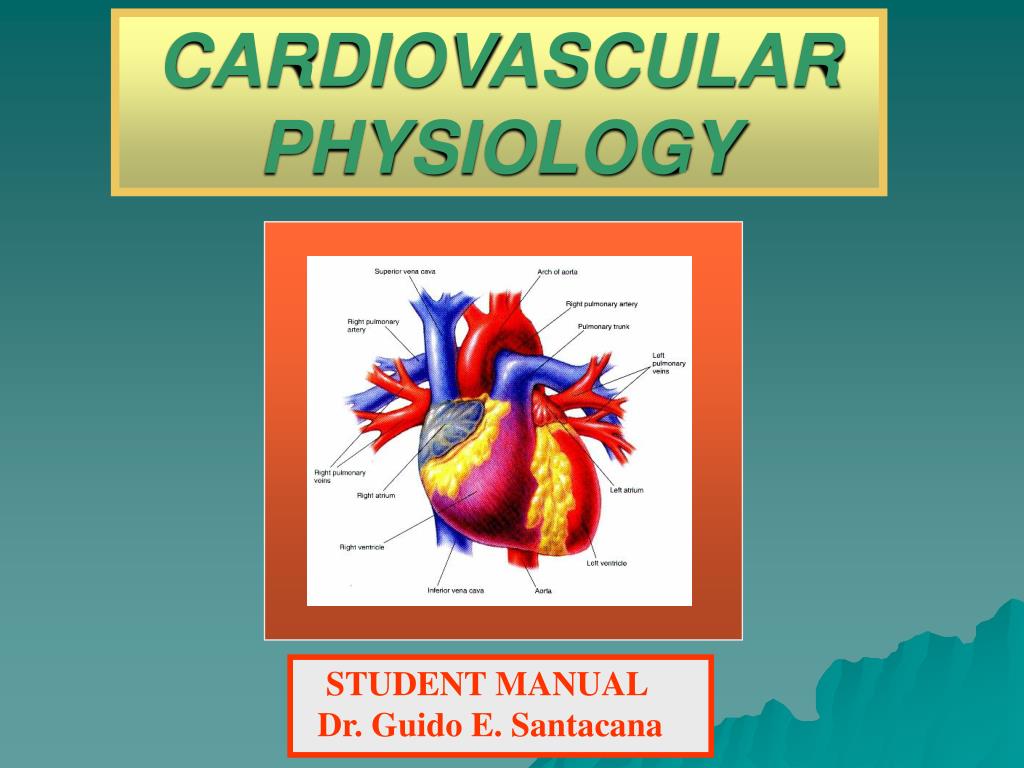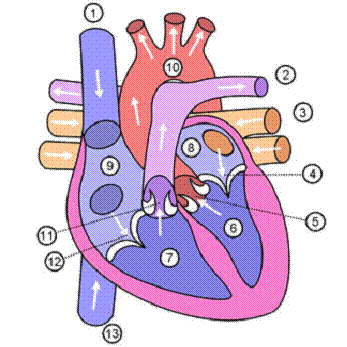


Rare medical conditions: An example of this would be any disease that causes unusual narrowing of blood vessels.Those muscles can sometimes twitch or spasm, cutting off blood flow to heart muscle. Spasm of the artery: Your blood vessels have a muscle lining that allows them to become wider or narrower as needed.This kind of heart attack can occur for the following reasons: Heart attacks are possible without a blockage, but this is rare and only accounts for about 5% of all heart attacks. If the clot blocks the artery, this can deprive the heart muscle of blood and cause a heart attack. Sometimes, plaque deposits inside the coronary (heart) arteries can break open or rupture, and a blood clot can get stuck where the rupture happened. This most often happens because of plaque, a sticky substance that can build up on the insides of your arteries (similar to how pouring grease down your kitchen sink can clog your home plumbing). The vast majority of heart attacks occur because of a blockage in one of the blood vessels that supply your heart. The location of the blockage, the length of time that blood flow is blocked and the amount of damage that occurs determine the type of acute coronary syndrome.* See the Electrocardiogram description in the Diagnosis & Tests section for an explanation of STEMI and non-STEMI heart attacks. Non-ST segment elevation myocardial infarction or heart attack (NSTEMI).*.ST-segment elevation myocardial infarction or heart attack (STEMI).*.Acute coronary syndrome is a name given to three types of coronary artery disease associated with a sudden rupture of plaque inside the coronary artery: Is acute coronary syndrome the same as a heart attack?Īcute coronary syndrome is a life-threatening condition that requires emergency medical care and can result in a heart attack. Pain in the back, shoulders, neck, arms or abdomen.Shortness of breath, fatigue and insomnia that started before the heart attack.Women are more likely to describe the following: Discomfort that feels like indigestion.Chest pain, especially in the center of the chest.Medical research in recent years has shown that women may have the above symptoms, but also have a higher chance of experiencing symptoms different from those listed above.Women are less likely to describe the following: Feeling lightheaded, dizzy or passing out.Anxiety or a feeling of “impending doom.”.Heart attacks can often be mistaken for indigestion. Shortness of breath or trouble breathing.It may start in your chest and spread (or radiate) to other areas like your left arm (or both arms), shoulder, neck, jaw, back or down toward your waist. This symptom can be mild and feel like discomfort or heaviness, or it can be severe and feel like crushing pain. Symptoms most often described by people having a heart attack: The symptoms you have are also influenced by your sex, as with men and women being more likely to have different heart attack symptoms. Heart attacks can have a number of symptoms, some of which are more common than others. That reduces or even stops blood flow to the rest of your body, which can be deadly if it isn’t corrected quickly. When a part of your heart can’t pump because it’s dying from lack of blood flow, it can disrupt the pumping sequence for the entire heart. When a heart attack happens, blood flow to a part of your heart stops or is far below normal, which causes that part of your heart muscle to die. is due to coronary heart disease, which includes heart attacks. About 300,000 people a year have a second heart attack. New heart attacks happen to about 635,000 people in the U.S. Time is critical in treating a heart attack, and a delay of even a few minutes can result in permanent heart damage or death.

If you suspect you or someone you're with is having a heart attack, do not hesitate to call 911 (or your local emergency services phone number). If blood flow isn’t restored quickly, a heart attack can cause permanent heart damage and death.Ī heart attack is a life-threatening emergency. Without blood flow, the affected heart muscle will begin to die. The lack of blood flow can occur because of many different factors but is usually related to a blockage in one or more of your heart’s arteries. What is a heart attack?Ī myocardial infarction (commonly called a heart attack) is an extremely dangerous condition caused by a lack of blood flow to your heart muscle. How a blocked artery can cause a heart attack.


 0 kommentar(er)
0 kommentar(er)
